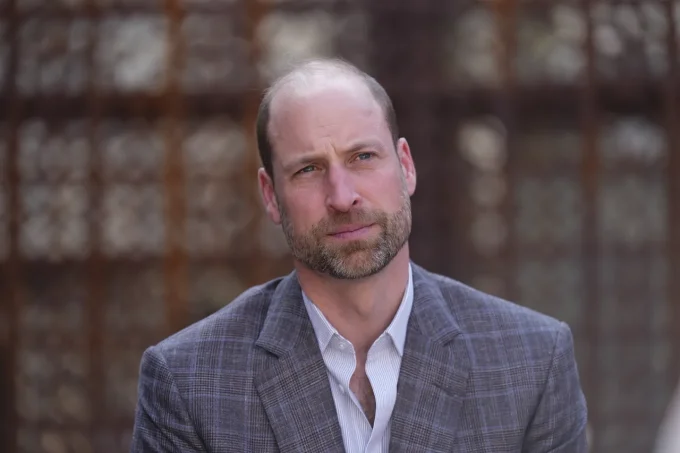NAIROBI – Even as it grapples with potentially devastating revolt from its under-paid but overworked employees, the Kenya Broadcasting Corporation has more bad news coming its way.
The state-owned broadcaster has lately been a victim of predatory advances by its media rivals, losing about five staffers in the last one month alone. According to reports, KTN, equally in a funk but held above the sink by Standard newspaper revenues and viewers goodwill, has poached KBC’s news producer Winnie Kamau, as Kenya’s first private TV station moves to restore its falling ratings.
Also seduced by Standard Group-owned KTN’s latest raid is Leah Ngare of K24, who used to anchor weekend and morning news. KTN earlier poached Joseph Bonyo from Daily Nation to head the business desk and Jim Onyango from Business Daily to manage its news agenda.
Perhaps stung by Ms Ngare’s exit, K24 avenged the poaching by grabbing news prime reader Joy Kiruki from KBC, where the management is under siege to raise employee salaries and improve working conditions or face a mass strike.
Earlier, it lost Pauline Shegu (pictured, left), a news anchor-cum-producer, to Geothermal Development Corporation. “It’s like an exodus,” said a KBC newsroom insider. “It’s all about poor pay. I feel for many reporters here, some are paid Kshs10,000 or less. More others have left, but I will need to confirm that.”
Media houses are strengthening their teams ahead of the next general elections to be held later in the year, the first under the new constitution, and which will attract a lot of interest from a media perspective. The media was blamed – and rightly so – for playing a big role in fanning violence ahead of the 2007 elections, which degenerated into tribal wars.
Elections present a tough litmus test to media houses and the company that gets it right snares a huge captive audience thereafter. This in turn gives it not just bragging rights in town but, most importantly, a strong bargaining chip with advertisers.
Royal Media Services has rebuffed attempts at poaching its TV crew, and was recently forced to up Alex Chamwada’s salary to prevent him from joining politics as a spin doctor. The company is also said to have handcuffed some of the best political analysts and commentators for the election period with binding contracts, including journalist David Makali of Media Institute.
Mr Makali had been rumoured to have taken up an editor’s role at Citizen’s political desk, but he denied the reports. “No day,” he said in a text message to Media Review writer. “People confuse my role there. I am still at college house (Media Institute offices).”
















































![Pula Co-Founders and Co-CEOs, Rose Goslinga & Thomas Njeru. Pula provides agricultural insurance and digital products to help smallholder farmers manage climate risks, improve farming practices and increase their incomes. [ Photo / Courtesy ]](https://businesstoday.co.ke/wp-content/uploads/2021/01/Pula-Co-Founders-and-Co-CEOs-Thomas-Njeru-Rose-Goslinga.jpg)



























































Leave a comment